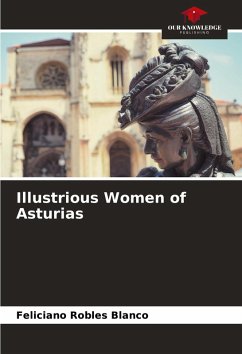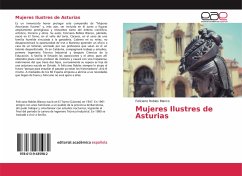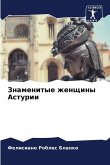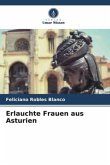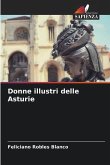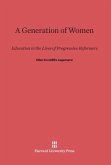It is an undeserved honour to preface this compendium of "Illustrious Asturian Women" and, even more so, to be included in it alongside widely prestigious and relevant figures from the scientific, artistic, literary and other fields. Its author, Feliciano Robles Blanco, retired, was born in El Torno, in the Jerte Valley, Cáceres, into a humble family linked to livestock farming. A goatherd in his childhood, he did not miss the opportunity to go to Manresa to learn a trade at a relative's house, encouraged by his teachers who saw in him a wasted talent. Once in Catalonia, he combined work and studies, first in Industrial Engineering and then in Educational Sciences. The competitive examinations and love took him to Seville, where he obtained a post as a secondary school teacher and married a woman from Seville, a marriage from which he had two children; curiously, his wife is the daughter of an Asturian woman born in Oviedo. Feliciano Robles was always attracted to the future "because historians are already there to study the past", he himself would say. In the mid-1960s, Spain began to open up to the novelties coming from abroad, and Feliciano was no stranger to them.
Bitte wählen Sie Ihr Anliegen aus.
Rechnungen
Retourenschein anfordern
Bestellstatus
Storno

